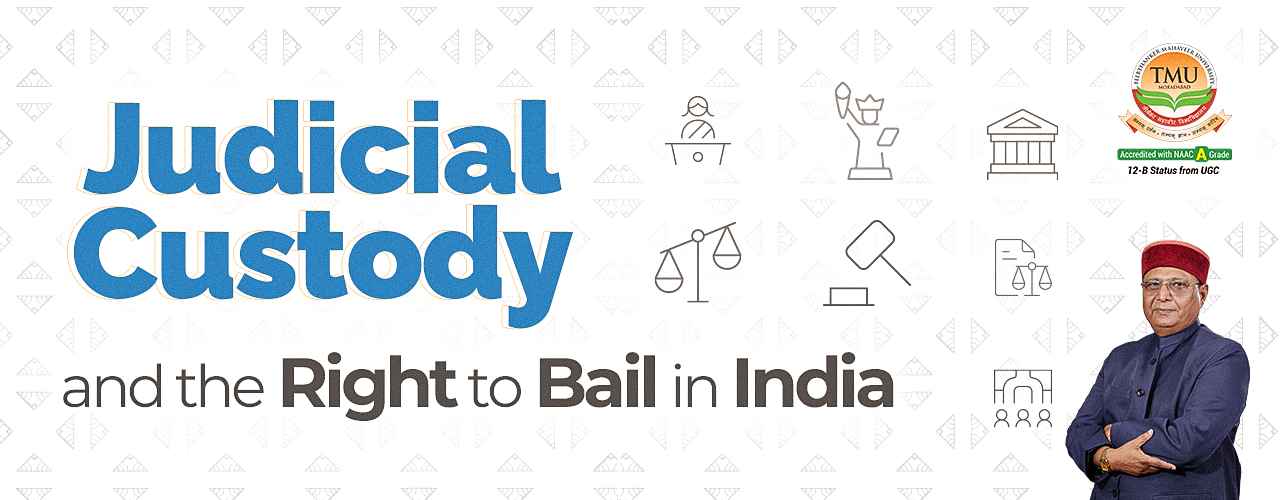Judicial Custody in India: The Bail System and the Supreme Court’s Call for Reform
Table of Contents
The Supreme Court of India has once again raised concerns about the prolonged detention of undertrial prisoners who, despite being eligible for bail, continue to languish in jails. On 25th July, a bench comprising Justices S.K. Kaul and A.M. Suresh expressed dismay over this alarming reality—some individuals have been in custody for over a decade without their bail applications being heard.
The Court directed the Union Government and the Allahabad High Court to either ensure the timely resolution of such cases or be prepared for sweeping orders that would lead to the release of all such undertrial prisoners on bail.
The Alarming State of Undertrial Detention
A major portion of India’s prison population comprises undertrial prisoners. Many of them are accused of minor, bailable offences. However, due to lack of legal awareness, procedural delays, or technicalities, these individuals remain incarcerated without conviction.
According to established legal principles, no person should be imprisoned without being proven guilty. Article 21 of the Indian Constitution guarantees the right to life and personal liberty. Delays in processing bail applications violate this fundamental right.
Teerthanker Mahaveer University
Apply for Admission
Click Here To Apply for Admission
Legal Framework for Bail in India
Indian criminal law provides for comprehensive provisions related to bail. Section 436 of the Code of Criminal Procedure (CrPC) states that granting bail in bailable offences is a legal right. If the accused is willing to furnish bail, the court cannot deny it.
In non-bailable offences, governed by Section 437 of the CRPC, bail is not an absolute right but may still be granted unless there is a reasonable apprehension that the accused may commit a serious offence if released. The court may also consider granting bail to women, children, or persons suffering from illness on humanitarian grounds.
Practical Challenges in Lower Courts
The first level of bail requests is addressed in lower courts, which face practical difficulties. In high-profile or emotionally charged cases, even technically sound applications are rejected out of fear of public backlash. Courts may hesitate to grant bail, not due to legal reasons, but due to societal pressure and risk to judicial reputation.
This creates a situation where denial of bail becomes the safest option for judges, despite it contradicting legal provisions and human rights principles.
International Examples and the Way Forward
Several countries—including the UK, USA, New Zealand, and Sri Lanka—have enacted separate legislation for bail. These laws have helped streamline procedures and ensure fair treatment of accused individuals. India, too, must consider enacting a dedicated bail law with clear guidelines on when bail can or cannot be denied.
Such clarity would serve both the accused and the judiciary, ensuring that judicial officers are not burdened with subjective decisions that may compromise their independence or public perception.
Conclusion
The prolonged incarceration of undertrial prisoners in India represents a failure of both justice and governance. The judiciary must be empowered and supported to implement bail laws effectively. Clear statutory guidelines and robust legal awareness are essential to uphold the principles of justice, liberty, and dignity for all.















